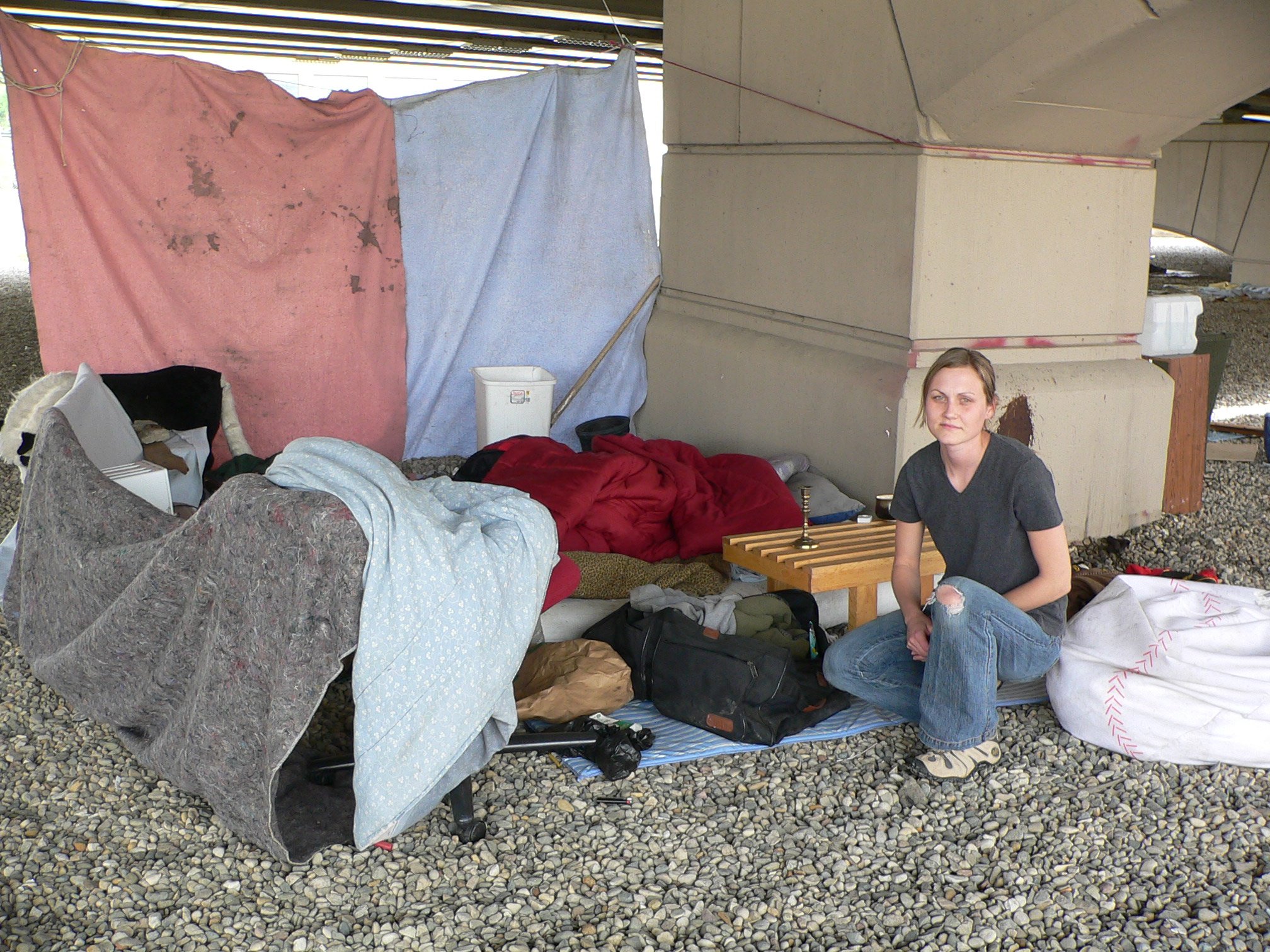Churches play a vital role in serving the poor. Don Tack’s upcoming book is a guide to creating effective poverty ministries.
Pre-order the book
Pastor Don Tack has written a book as a resource for churches who want to create or improve a poverty ministry. After 50 years working as an advocate, pastor, professor, writer and founder of Servants Center, he shares his first-hand knowledge about the vital role of churches in helping the poor and mentally ill homeless among us.
How churches can help
It’s easier to make assumptions about the poor than learn the actual circumstances that could lead anyone to hard times. There are many causes of poverty and homelessness. The Bible’s teachings compel us to witness Christ’s Ways by helping the less fortunate. To effectively serve more people in need, learn about the Causes of Poverty; review our Questions for Churches to Consider (pdf); take our Pastor/Church Survey (pdf); and consider our Poverty Program Suggestions (pdf).
“Listening is generosity. We shouldn’t demonize the poor, we should embrace them and try to understand their situation in order to help. Everyone’s dealing with something.” ~ Pastor Tack
Partnerships are crucial
Serving the mentally ill homeless requires a strong collaboration between public and private partners. Groups including Servants Center, Mel Trotter Ministries, Guiding Light Mission, Hope Network, Degage' Ministries, Network 180, Exodus Place, Dwelling Place, Gleaners, and Feeding America work closely with public and private agencies, police departments, courts, hospitals, volunteers and churches.
The STAR program in Denver and the Memphis Model are examples of newer policing techniques that include healthcare social workers to guide interactions with mentally ill citizens and those in need.
”Social workers and clinicians are joining police teams across the U.S. This kind of collaboration is key to addressing such entrenched issues.” ~ Pastor Tack
Recommended reading
Recommended reading list, including the history of poverty and racism. Churches and charities can sometimes actually do more harm than good without realizing it. Among our recommended reading list, I especially suggest these books: A Framework for Understanding Poverty by Dr. Ruby Payne; Toxic Charity by Robert Upton; and Nowhere to Go: Tragic Odyssey of the Mentally Ill Homeless by Dr. E. Fuller Torrey.
This 10-minute 2009 video highlights our direct street outreach approach to poverty ministry in Grand Rapids, Michigan.
“Studies show that 40% of chronically homeless people in America are mentally ill.”



